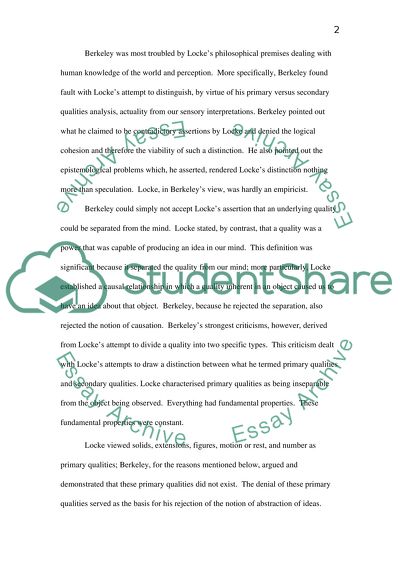Cite this document
(“The Viability of Primary and Secondary Qualities Essay”, n.d.)
Retrieved from https://studentshare.org/miscellaneous/1514966-abstract-ideas
Retrieved from https://studentshare.org/miscellaneous/1514966-abstract-ideas
(The Viability of Primary and Secondary Qualities Essay)
https://studentshare.org/miscellaneous/1514966-abstract-ideas.
https://studentshare.org/miscellaneous/1514966-abstract-ideas.
“The Viability of Primary and Secondary Qualities Essay”, n.d. https://studentshare.org/miscellaneous/1514966-abstract-ideas.


